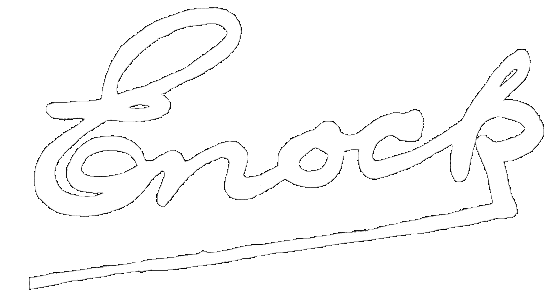
| Reference | JGE/PC/40 |
| Title | Letter to Women's Own |
| Date | 19th April 1978 |
| Description | Transcription: Dear Sir, I have written the M/S of a book about my escape from the Germans in June 1940 when I was a member of the 1st. Regiment, Royal Horse Artillery, then part of the famous 51st. (Highland) Division. It is a documentary work and all the events related actually took place. The narrative opens with the fighting near Abbeville in early June 1940, the hair-raising 'strategic' retreat to St. Valery-en-Caux, in Normandy, the sinister events of the night of the 11th. of June, and a full description of our capture early on the morning of the 12th. of June. After that comes the long tramp as a prisoner-of-war through Normandy, the Somme, Pas-de-Calais, Bethune, Armentieres, and 120 miles to Loos, just outside Lille, where I escaped in a rather original and bare-faced manner. This was on the 30th. of June and, speaking reasonable French, was lucky enough to find at once a helpful Frenchman who gave me a complete set of civvie clothes, and a frightful old bicycle. Thus I was enabled to begin the long journey home to U.K. via the South of France, the Pyrenees, Spain, and Portugal. By taking devious routes avoiding large towns, with adventures some of which were amusing and some not so funny, I contrived to cover the 400 miles of enemy-occupied France and arrive at the infamous Line of Demarcation, near Chalons-sur-Seone, in September. The Line was a belt of country 2-3 miles wide running east to west across France. It was very dangerous to cross as the Germans patrolled it day and night, and if you were caught there without a permit to live in the Line you were yanked back into a concentration camp in Occupied France -- and afterwards sent to a Nazi labour camp in Poland, from which few emerged alive. However, I managed to get across safely. In so--called Unoccupied France (the Germans were in civvies) one had to pay normally for everything, so not having more than about 2,000 francs on me, I surrendered myself to the Peuxieme Bureau (intelligence) in Macon and they arranged for me to live at the local barracks. On parole, but quite free to go anywhere in the town. The Colonel interviewed me and the suggestions he made showed that he was a Fifth Columnist. But I managed him alright and we remained on friendly terms. (After the war he was shot). Then some friends told me of a French evade (escaper) who had gone to stay with his aunt in Marseille. By a miraculous coincidence he turned out to be a friend of mine living in London, so I went to Marseille and he found some cheep lodgings for me. This was in October 1940. At this time Marseille was an incredible place, the Mafia were there in great force offering bogus escape schemes, but I soon learned that if money was asked for in advance then the scheme was phoney. Other British evades were arriving every day and were looked after by the French in the Port St. Jean on the Old Port. At one time their numbers were over four hundred. I was stuck in Marseille till January 1941 when I made the acquaintance of a Spanish exile -- a contrabandist -- whose (very lucrative) job was taking escapers on the goat tracks over the Pyrenees into Spain and then returning with goods back into France. He agreed to take me and a friend for £200 sterling in francs, payable in instalments as we went. With the help of several local people and an American cousin (America was not yet in the war) I managed to raise the money We went right across southern France from Marseille to Perpignan and once pitch-black night started to climb a rock strewn path. We had got up about a thousand feet when dawn broke so we laid up well hidden. The weather was marvellous, just like early summer. It took us three days and four nights before we were put on a train for Barcelona, where the British Consulate put us up and gave us temporary travelling documents, with Portuguese visas but NO Spanish visas. We went by a slow train to Madrid, but just before we arrived we were picked up by a police control and carted off to prison -- and made to pay for the taxi. After a week under the most appalling conditions we were let out on the 9th. of February 1941. At once I contacted the Military Attache at the Embassy who asked me if instead of being taken down to Gibraltar (in Army truck) and so home direct, would I be willing to go to Lisbon and work for Intelligence on escape schemes, one of which I had set up. I agreed and worked in Lisbon for five months. But I gradually became so ill mentally that I asked for a flight home and arrived in U.K. on the 5th. of July 1941. There are about 35,000 words and 33 Chapters in the typescript. At the end there are some Notes covering the visit of my wife and myself in 1951 to retrace the same devious routes I took in 1940. And to personally thank upwards of a hundred people who, by their supreme bravery and generosity, had given me shelter, sustenance, and guidance. If the above synopsis is of interest to you, and you would consider serialisation, I would be glad to send you the typescript. |
| Level of description | Item |